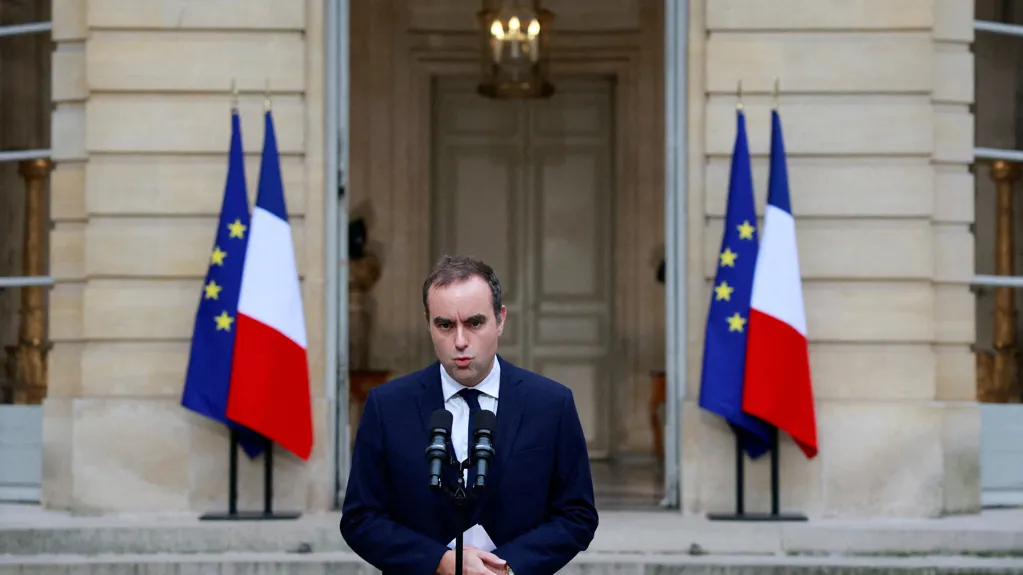President Emmanuel Macron of France on Friday reappointed Sébastien Lecornu as the country's prime minister, less than a week after Mr. Lecornu resigned, a whiplash-inducing move that comes as the French leader tries to steady a roiling political crisis.
Mr. Lecornu had resigned as prime minister on Monday, after less than a month in office and less than 24 hours after forming his cabinet. He had run up against internal turmoil within his government, a tenuous grouping of conservatives and centrists, and faced pressure from some opposition lawmakers who were already threatening to topple him.
Mr. Lecornu is France's third prime minister in less than a year, a degree of governmental instability not seen since the founding of the country's Fifth Republic in 1958.
France has been gripped by months of partisan gridlock in the lower house of Parliament, leaving the country without stable governance and jeopardizing the country's ability to pass a budget by the end of the year even as it faces a looming financial crunch.
Legally, nothing prevented Mr. Macron from reappointing Mr. Lecornu, a centrist ally of the French president who has been a member of every government since Mr. Macron was first elected in 2017.
Politically, however, the decision will likely infuriate many of Mr. Macron's opponents, who blame him for repeatedly refusing to appoint a prime minister who might oppose him, even though his centrist alliance lost badly in snap elections over a year ago.
Even some of his allies had said ahead of the announcement that reverting back to Mr. Lecornu was a wrong choice that did not address the French people's intense frustration with Mr. Macron, whose approval rating has reached new lows.
Mr. Lecornu's departure earlier this week had immediately increased the pressure on Mr. Macron. Some of his opponents on the left and far right had argued that the only way to break the deadlock was to call new parliamentary elections -- or even for Mr. Macron to resign.
But Mr. Macron quickly ruled out those options. Mr. Lecornu, after holding last-ditch talks with political parties at the French president's request, said Wednesday that a majority of parties in the lower house did not want new elections and wanted to get a budget passed before year's end.
France's lower house of Parliament, known as the National Assembly, is deadlocked among three large political blocs: a collection of left-wing parties; a mix of conservatives and centrists; and a nationalist, anti-immigrant far right.
